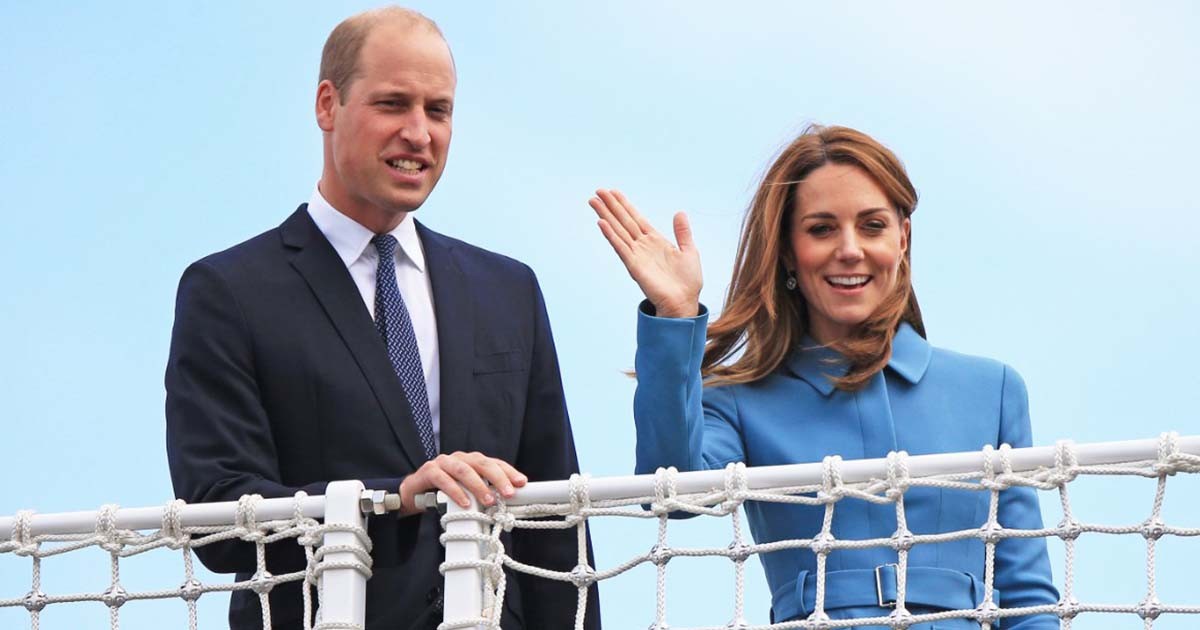In the wake of the April 22 terrorist attack in Pahalgam, Jammu and Kashmir, which claimed the lives of 26 Hindu tourists, India has initiated a series of cultural and digital measures against Pakistan.
These actions reflect the escalating tensions between the two nations and signify a broader shift in India’s approach to cross-border cultural exchanges.
Read more: Pakistan conducts second missile test since renewed India standoff
Cultural Retractions by Indian Designers
Renowned Indian fashion designer Manish Malhotra has removed Instagram posts featuring Pakistani actresses Mahira Khan and Hania Aamir. This move underscores the growing reluctance within India’s cultural sectors to engage with Pakistani artists amid the current geopolitical climate .
Instagram has restricted access to the accounts of several Pakistani celebrities, including Mahira Khan, Hania Aamir, Fawad Khan, Atif Aslam, and Rahat Fateh Ali Khan, for users in India. Indian users attempting to view these profiles are met with a message stating, “Account not available in India.
Read more: UN to hold ‘closed’ consultations on India-Pakistan tensions
This is because we complied with a legal request to restrict this content” . Despite these restrictions, some Indian fans have reportedly used VPNs to access the content, prompting emotional responses from the affected celebrities.
Expansion of Digital Censorship
The Indian government’s digital crackdown extends beyond Instagram. In response to the Pahalgam attack, India has banned 16 Pakistan-based YouTube channels, including prominent news outlets like Dawn News and ARY News, accusing them of spreading misinformation and provocative content.
Additionally, the YouTube channel of Pakistani Prime Minister Shehbaz Sharif has been blocked in India, further intensifying the digital restrictions .
Broader Diplomatic and Economic Measures
Beyond the digital sphere, India has implemented a range of diplomatic and economic measures against Pakistan. These include suspending trade relations, halting mail exchanges, and prohibiting Pakistani ships from docking at Indian ports. Such actions signify a comprehensive approach by India to isolate Pakistan on multiple fronts in response to the attack.
These developments highlight a significant shift in India’s policy towards Pakistan, moving from selective cultural engagement to a more extensive disengagement strategy across cultural, digital, and economic domains. The situation remains fluid, with potential implications for regional stability and cross-border relations.














